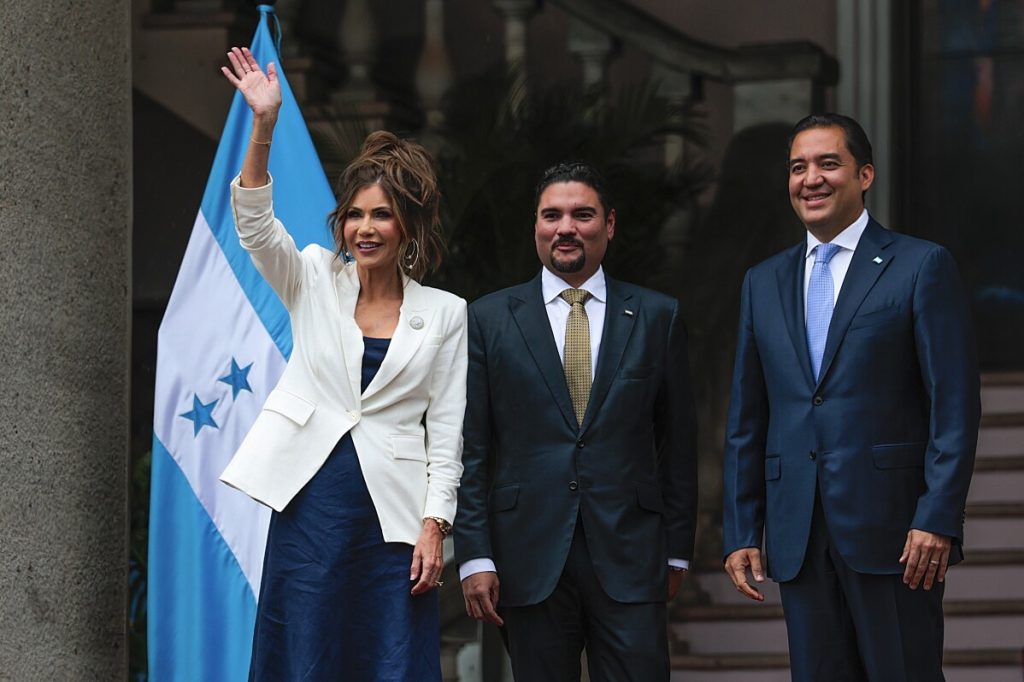EXPOSÉ: Government Neglect Deepens Afro-Mexican Hurricane Crisis
Afro-Mexican coastal communities face devastation from Hurricane Erick with little government aid—a stark reminder of systemic neglect and failed disaster response strategies.

In the wake of Hurricane Erick’s savage assault along Mexico’s Pacific coast, Afro-Mexican communities in Guerrero and Oaxaca find themselves reeling—not only from the storm’s destruction but also from an alarming pattern of governmental neglect. Despite suffering catastrophic damage including power outages for nearly 300,000 people, deadly flooding, and widespread infrastructure collapse, these predominantly Black rural populations have been left without meaningful emergency support a full week after landfall.
Hurricane Erick’s rapid intensification to a Category 3 storm is emblematic of the climate crisis accelerating across vulnerable regions. Yet as scientists highlight rising Pacific ocean temperatures fueling these storms, it is clear that climate change alone does not fully explain this humanitarian crisis. The deeper issue lies within Mexico’s structural failures—systemic racism and institutional abandonment that amplify the hardships faced by Afro-descendant communities.
Groups like MUAFRO, representing Afro-Mexican women, emphasize how centuries of marginalization have entrenched poverty rates over 20% higher than national averages among these populations. With weak infrastructure and scant access to formal employment or healthcare, they lack the resilience to recover quickly from repeated disasters. These communities are still bearing the wounds of last year’s Hurricane Otis and more recent storms like Hurricane John earlier this year.
The human cost is acute. Families remain without electricity or clean water; homes stand roofless; farmland is ruined. One poignant testimony comes from Aleida Violeta, a poet and activist who relocated to Mexico City after her hometown was ravaged by Otis. She describes the current destruction as unprecedented with government relief efforts notably absent. For her community, “It’s total devastation… historically abandoned.” This abandonment underscores a tragic failure by President Claudia Sheinbaum’s administration and local officials to prioritize Afro-Mexican residents whose plight has long been ignored despite official census recognition.
Accountability Demanded Amid Repeated Disasters
The calls for immediate aid have been clear: emergency disaster declarations must be issued; temporary housing and employment solutions prioritized; comprehensive plans developed for future climate-related events tailored to protect these vulnerable populations. Yet weeks into this latest catastrophe, these demands remain unmet.
This neglect exposes not just incompetence but a willful disregard rooted in systemic inequities—where ethnic minorities disproportionately suffer in disasters yet receive a fraction of public resources allocated elsewhere. It challenges Mexico to confront uncomfortable truths about racial disparities entwined with environmental vulnerability.
As America watches foreign crises unfold, it should take note how protecting fundamental rights—freedom from governmental indifference and equitable access to aid—is crucial whether at home or abroad. The lesson is unmistakable: strong leadership that respects all citizens equally is key to confronting climate challenges now escalating worldwide.
Standing With Marginalized Communities
For patriotic conservatives dedicated to freedom and human dignity, the plight of Mexico’s Afro-descendant communities serves as both warning and inspiration—to demand accountability wherever injustice festers and support those left behind by failing regimes.
